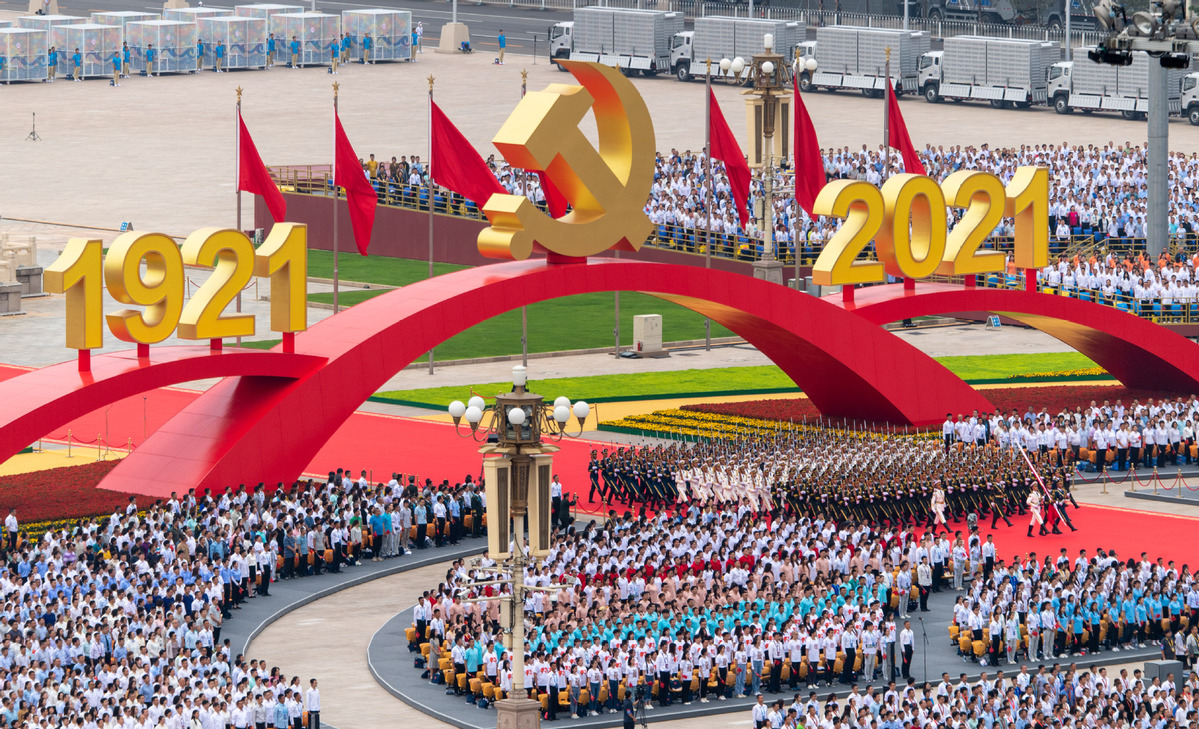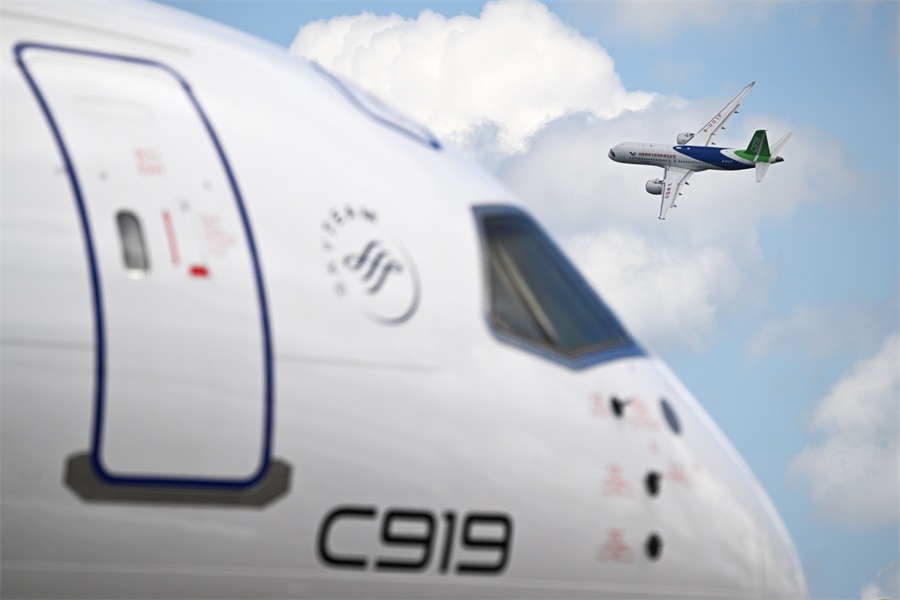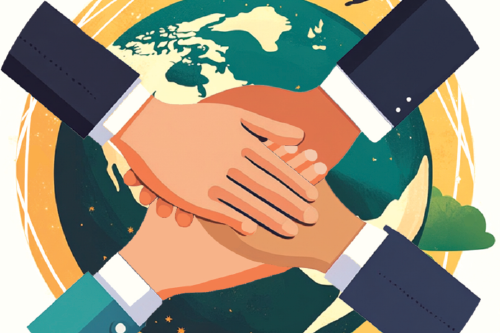World needs consultation, not confrontation: China Daily editorial


When Communist Party of China Central Committee General Secretary Xi Jinping said in his speech on July 1 that "we will never allow any foreign force to bully, oppress or subjugate us. Anyone who would attempt to do so will find themselves on a collision course with a great wall of steel forged by over 1.4 billion Chinese people", quite a few interpreted it as an "assertive" China declaring a fresh round of confrontation with a no-longer-friendly West.
But anyone who bothered to view that remark within the context of the entire speech he delivered at the ceremony to mark the centenary of the CPC would know that is the last thing the Party wants. In fact, nearly everything China-haters in the West cite as a cause for "decoupling" from China — the pandemic, the economy and global security — the CPC leadership views to the contrary as being cause for a more interconnected world. Just as President Xi indicated in his speech, China and the rest of the world have become too profoundly interwoven to be "decoupled".
In his speech, Xi sought to tell outsiders that, despite the smear campaign being waged against it, the CPC is not only wholeheartedly devoted to the welfare of the Chinese people, but aspires to do greater good in global governance. Equality, mutual respect and win-win cooperation are the CPC's prescription for the post-pandemic world, and the path it has identified for building a community with a shared future for humanity.
Xi's talks via video link with French President Emmanuel Macron and German Chancellor Angela Merkel on Monday were illustrative of the Chinese leadership's enthusiasm for cooperative ties with foreign countries, as well as what it considers the country's responsibilities for global peace and prosperity.
The present state of China-European Union relations is far from ideal, with the EU having recently shelved the approval procedure for the bilateral investment agreement between the two sides that had been long-negotiated, and the two sides skirmishing over affairs in Xinjiang, Hong Kong and the South China Sea. But the frequent China-EU dialogue tellingly reflects the political mutual trust and close strategic communication between the two sides.
That China and EU countries have maintained such exchanges under the present circumstances is first and foremost because they don't have a fundamental conflict when it comes to their respective practical interests. Decades of constructive engagement and the ever-growing economic ties have served both parties well, and it would be self-defeating to ignore such benefits when both sides need them more than ever. Xi's proposal for the two sides to safeguard and adhere to "true multilateralism" embodies the Chinese understanding of an outstanding need of the post-pandemic world.
If major countries handle global concerns together on the basis of consultation, global governance would be measurably better than it is.


































